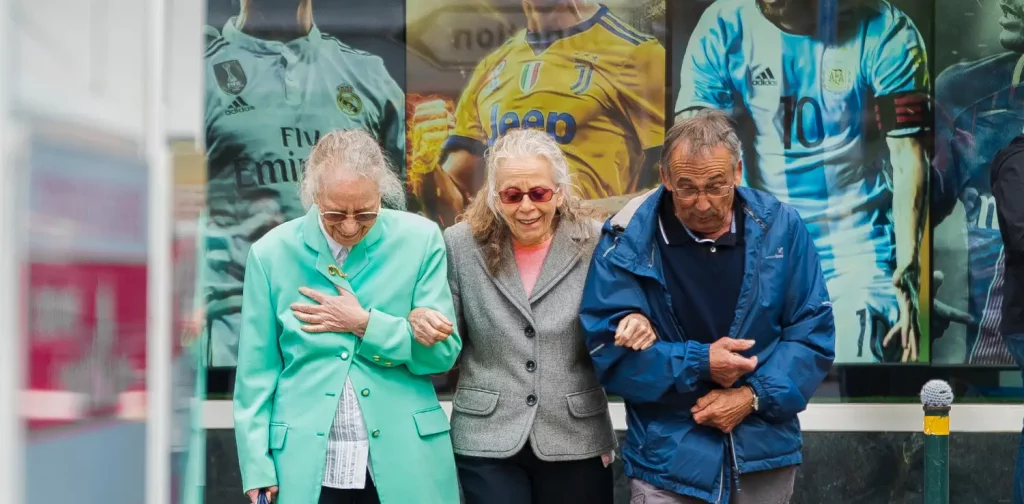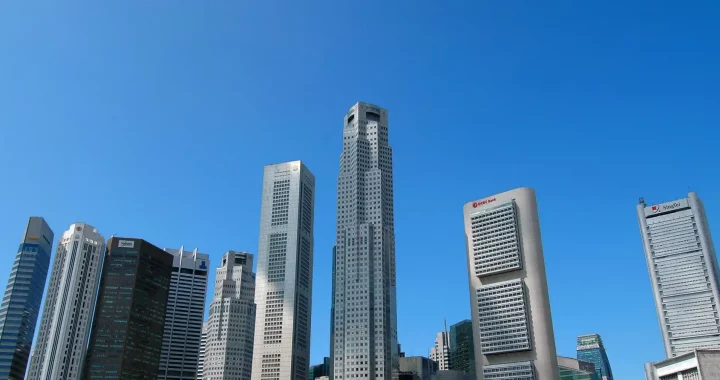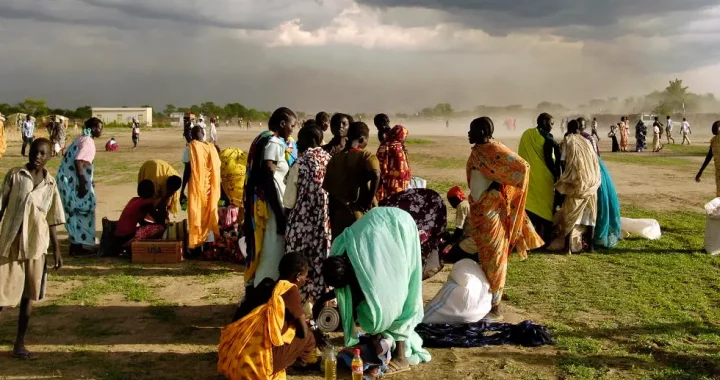Ensuring Older People’s Rights To Healthy and Secure Life

Photo: Philippe Leone on Unsplash.
People have the right to security and safety in all stages of life. Today, healthcare developments have made it possible for people to live longer compared to the past. However, the work remains to build a society for all ages, including ensuring older people’s rights to safety and security to continue living.
The demographic transition
The number of people aged 65 or older worldwide is projected to rise from 761 million in 2021 to 1.6 billion in 2050. In this light, the United Nations Department of Economic and Social Affairs (UNDESA) launched the World Social Report 2023, which looks into the conditions, challenges, and recommendations on the human rights of older people.
Today, living past 65 has become common compared to the past, when premature deaths were still frequent. Currently, Europe and Northern America have the biggest share of the older people population (10-20%), while some regions of Asia and Africa are at the intermediate stage of the demographic transition.
The percentage of older people in society is slowly growing while the number of births is declining. While this demographic transition means more people can contribute to the economy through work, gaps still exist in supporting and caring for the older population, including skilled caretakers and proper pension systems.
Policy actions for older people’s rights
Unequal aging stems from many factors, including gender inequality, lack of skilled long-term care workers and facilities, and economic insecurity. Many older people can still actively support themselves. However, many others are also battling multiple ailments and poverty.
The report offers two significant policy actions needed to support older people’s rights:
- Promoting equal access since birth. A chance to grow old begins with access to proper shelter, food, and care since birth. Then, quality education with skills necessary to attain future jobs can enable people to improve their productivity at work, leading to better income, savings, and, eventually, quality of life. Formalizing informal sectors, addressing domestic care work, and encouraging investments are also necessary to ensure people get equal access to create a good life as they age.
- Distributing adequate pensions. Countries must work on comprehensive pension systems to distribute good allowances for older people. Though there are no one-size-fits-all solutions to this, the report outlines three possible ways that can be taken:
- Encouraging private savings and improving financial literacy
- Introducing or expanding tax-funded pensions schemes to provide older people with a basic level of income security
- Strengthening the institutions of work through formalizing informal sectors.
In 2021, the United Nations declared 2021-2030 as the Decade of Healthy Ageing. As the number continues to rise, ensuring older people’s rights to healthy and safe living conditions is crucial in realizing a world where no one is left behind.
Read the full report here.
Editor: Nazalea Kusuma
Thank you for reading!
If you find this content useful, join GNA-International Annual Individual Membership and gain unlimited online access to all news and stories, including Exclusive Content that showcases sustainable development and sustainability cross-sectoral insights from multi-stakeholders in governments, businesses, and civil society in the Asia Pacific and beyond.

Kresentia Madina
Madina is a Reporter at Green Network Asia. She graduated from Universitas Indonesia with a bachelor's degree in English Literature. She has three years of professional experience in editorial and creative content creation, editing, and research.


 Ensuring Workplace Safety Against Harassment and Violence
Ensuring Workplace Safety Against Harassment and Violence  Revealing the Reality of Global Corporate Climate Actions
Revealing the Reality of Global Corporate Climate Actions  Key Growth Trends for SMEs in Asia Pacific
Key Growth Trends for SMEs in Asia Pacific  Books, Libraries, and Communities in the Time of Crisis
Books, Libraries, and Communities in the Time of Crisis  Halting Coral Bleaching Is an Urgent Matter
Halting Coral Bleaching Is an Urgent Matter  How Climate Protection is a Human Right
How Climate Protection is a Human Right